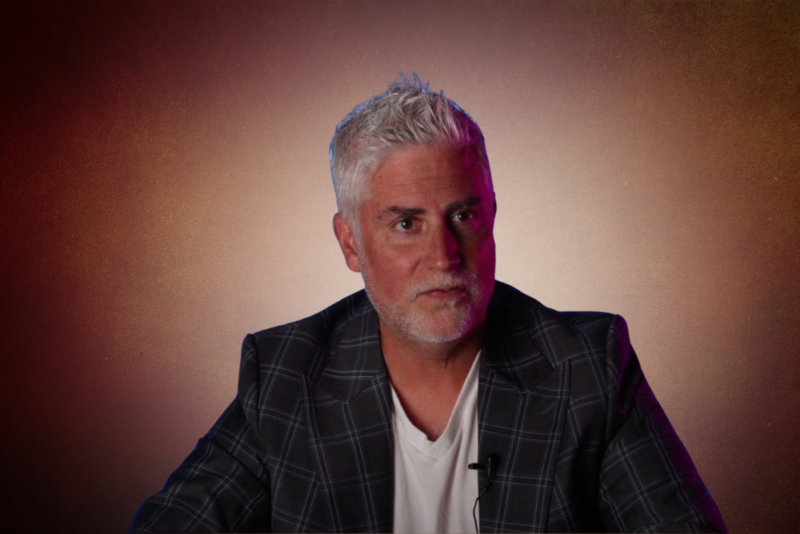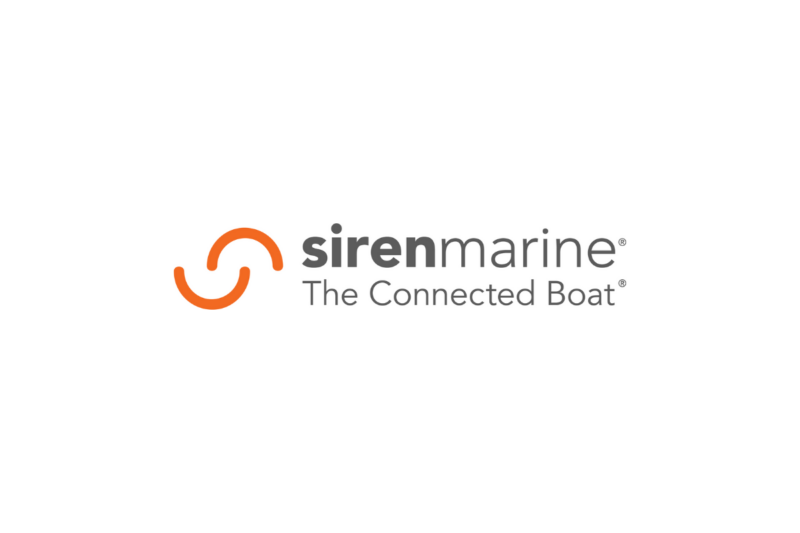Tell Us About Your Journey
I grew up in Mexico City. I was actually born in El Paso, Texas. I came here to study for my Bachelor’s and my Master’s Degrees at Northeastern University and I started the company while I was in my last year of the University. And I started the company, PartRunner, because I noticed a gap in the market that wasn’t being fulfilled.
So in the big and bulky sector, which is essentially non-uniform, heavyweight items, specifically in the construction space, there wasn’t an on-demand solution to it. There wasn’t the Uber Eats or the Grubhubs of the world. I started PartRunner because I wanted to bring a solution into the space that allowed both suppliers, which are the sellers of these parts and materials, and contractors that move these products on-demand.
What Is PartRunner’s History?
I started the company with two Co-Founders, both Dan Legmann and Tarun Aleti, whom I met in college. It was really interesting how it all started because we had met and we did an MVP (minimal viable product) and essentially what PartRunner became, or what PartRunner is, is the last mile logistics solution that’s changing how deliveries are done in the big and bulky space. We work not only with construction companies but with trade companies and any type of supplier moving bigger and bulkier items. Similar to a restaurant being able to move their food to the end-consumer, in our case, we’re helping companies move products of different sizes and weights to their end-customers as well. We have a focus on big and bulky and we decided to start within the construction and trade space first.
What Challenges Have You Faced?
I think as an entrepreneur, you’re always challenged in every aspect of the business. Whether it’s defining your go to market strategy or implementing a new process when it comes to their pricing. In a marketplace like PartRunner, we are consistently working with both drivers and filling that side of the marketplace with clients that have a need to move stuff. One of the challenges that we’ve encountered is how do we get more drivers into the platform?
As a start-up, you have to be resourceful, you’ve got to be scrappy. We’ve definitely iterated many types of processes to get drivers into the platform. Essentially, it’s a combination between bonuses and engagement and different types of campaigns that we can do with drivers to get them initially onboarded into the platform and then continuously engage with them so they’re in the platform. And they’re in the marketplace. Once they’re in the marketplace, give them enough deliveries to stay active. In addition, as a growing startup, hiring has always been one of the challenges that we keep on solving. Essentially, who wants to join the startup? Why would they join the startup? How can we incentivize the person and bring them into the team? It’s a fast-paced environment but it’s also an exciting place to be.
To reach out to Justin Nesbit or Steve Snyder, fill out the form below.
What Are Some Inspirations That Motivate You?
One of the things that has always inspired me is just seeing other entrepreneurs start their own ideas. And the whole process that goes from ideate a solution to an MVP to actually being live in the marketplace. The concept of building something from scratch always motivated me. I think I’ve been an entrepreneur for all my life and I like challenges. I like to work with other entrepreneurs as well and people that are consistently solving problems. So it’s supposed to be people and then just impacting as many people or as many businesses as you can from day one and seeing that progress and seeing that growth through time.
What Advice Can You Offer To Other Entrepreneurs?
A piece of advice that really stuck with me, and it was being at a startup is like being a little kid and entering a candy shop. And as a little kid, you get so excited, you see different candies that you want to reach into and essentially you really have to stay focused, right? All about the startup is staying focused. I think that’s the one piece of advice that I received and I would pass to other entrepreneurs.
I guess I would mention two things. The first one is be hyper focused in what you’re doing. And although like a kid in a candy shop where you enter the shop and you want to reach out for this candy, and that candy, and that candy, you really have to stay focused. Although there might be many opportunities on the table, really stay true to what you want to do.
And the second thing is, I think at the start you’ve got to be resourceful, you’ve got to be scrappy. And you’ve got to make decisions with 60% to 70% of the information that you have, talk about it with the team and then onto the next one. Onto the next one. And onward.
Where Do You See PartRunner In 3-5 Years?
When I think about where I see PartRunner in three to five years, I think of a company that can have a multi-national presence. We’re not only operating in Mexico City, but we’re operating throughout New England and soon to expand into other places. And I could definitely see PartRunner being operational in multi-region, multi-market within the US, as well as in Mexico City and other places in Latin America. Soon we’re going to go after a Series A and we’re getting strategic VCs to really partner with us and build the next phase of last mile logistics in the big and bulky.
What Value Has Gesmer Updegrove Provided To PartRunner?
I’ve worked extensively with Gesmer, both with Justin Nesbit and Steve Snyder on different matters. With Justin we worked on all sorts of legal issues. They were the lead in both the convertible notes realms that we did, as well as the series seed that we raised with CEMEX Ventures. And he’s always been instrumental in terms of just general advice, legally speaking, and then also with business related to PartRunner.
With Steve, it’s been always an ongoing relationship of key introductions. I love the events that Gesmer puts together where you get to meet other service professionals and other entrepreneurs. I think as a professional for both legal and the business perspective, just consistent conversations, introductions, solving problems, both at a business capacity in terms of like what’s the strategy behind fundraising or what are the legal next steps that we have to do as an entity and as we grow?
Why Go With Gesmer?
I Go With Gesmer because it’s the type of company that can go with you throughout your journey, as a very young start up to maybe a little bit bigger company right throughout your journey of your first maybe raise, maybe you’re doing a friends and family round or a convertible note to maybe a more formal seed round to a maybe a more formal series A, series B. It’s a company that not only helps with the legal aspect of things, but also with many just business-related challenges in your day to day.






